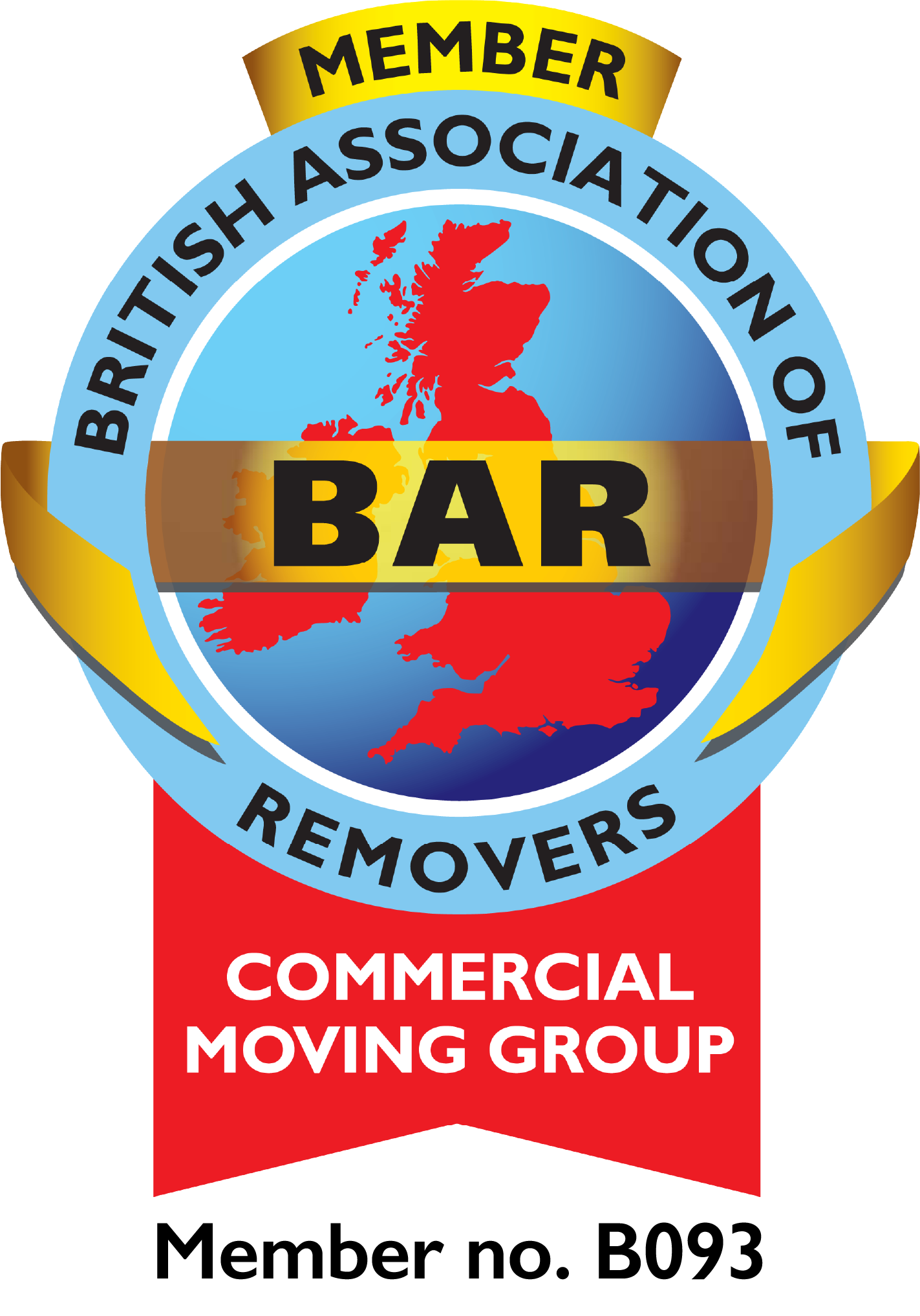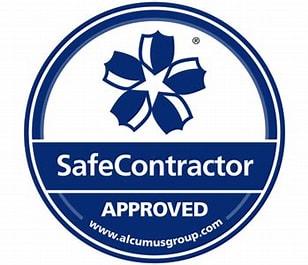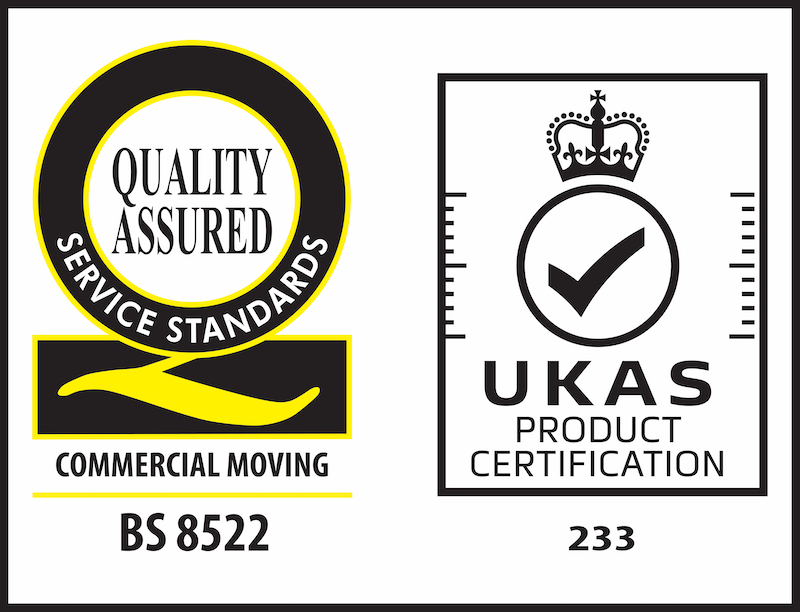Moving forward: the future of office removals
A lot of people are saying that the office environment is not going to be the same again. If that’s the case, this presents an opportunity for the industry to really strip back some of the traditions and to start innovating.

MORE STORIES
- Page 6 of 27
Please click here to chat through what you'd like your Success Story to be.
I love working in the workplace change and relocation industry. Firstly, because we get to witness first-hand how and why work models and workspace trends are evolving. But also, because we support some of the world’s most forward-thinking and intelligent real estate and facilities leaders. This means we have an unrivalled opportunity to learn directly how the top businesses are responding to the changing nature of work, and to apply that learning to our own workplace transformations.
We cannot be naïve and assume that business life is going to go back to the way it was BC (before covid). I’m sure there are expectations that we’ll be busy emptying offices in the coming months as organisations downsize and restructure – and while that may be the case in the short-term, it’s the long-term we need to focus on. Our prerogative should be defining what’s next and driving the possibilities forward.
A lot of people are saying that the office environment is not going to be the same again. If that’s the case, this presents an opportunity for the industry to really strip back some of the traditions and to start innovating. We need to consider clients’ changing needs and exceed their expectations by reimagining what a super-efficient and cost-effective moves and changes contract looks like. This means we have to be bolder in the boardroom when it comes to the tendering process. The right questions need to be asked, of course, but actually it’s about proposing the best solutions and challenging the status quo, all while upskilling our workforces and further sophisticating the way we measure and drive value.
The moving and relocation industry has responded positively to the challenges posed by covid-19. Relocation companies have stood up to the task - they’ve kept their people working, they’ve kept the wheels turning and they’ve used their skills, materials and resources to meet the huge demand for logistics and transport. It’s been a very busy period. Both a falling and a growing economy create change, after all, so there’s always a need to move forwards – but we have to recognise that a new world demands a new direction.
Even before the pandemic, the office moving industry had changed dramatically. When I first joined the industry twenty odd years ago, you would be required to move absolutely everything for every person – their desk, filing, storage drawers, monitor, PC, family photos, everything. But now, with our move to a virtual world, we’re talking about one small crate per person. We might be moving less but we’re facilitating more change. And I find that really exciting.
Regardless of what’s going on in the world, there will always be the need for moving and shaking. The real challenge for our industry, though, is uncertainty. This, coupled with fear of the unknown, tends to put a hold on any decision-making in business, and that has a knock-on effect.
We must believe in the value we deliver if we’re to build confidence. The biggest danger in a recession is a race to the bottom. Our most attractive proposition is not our price, it is the value we bring. Pricing to win work undervalues that work and if we get too hung up on price, we inadvertently dig a bigger hole for ourselves which makes the climb out of recession even harder.
Removals teams have proven themselves resilient and adaptable. They’ve grappled with everything from shifting requirements for PPE to learning how to move things in a socially distanced way. Relocation professionals are not ‘arms and legs’, ‘lifters and shifters’ – or any other dismissive names that sometimes get thrown our way. They’re solution finders and they’ve demonstrated that they can deliver come what may. And that’s why this industry is best placed to thrive in the face of change. By applying the learning along the way and by embracing a better way to map changing trends, we can confidently move forward, knowing we’re heading in the right direction. We just need an element of certainty and courage before changing course to a more prosperous horizon.
By Rachel Houghton, managing director at Business Moves Group
MORE STORIES
- Page 6 of 27
Please click here to chat through what you'd like your Success Story to be.





